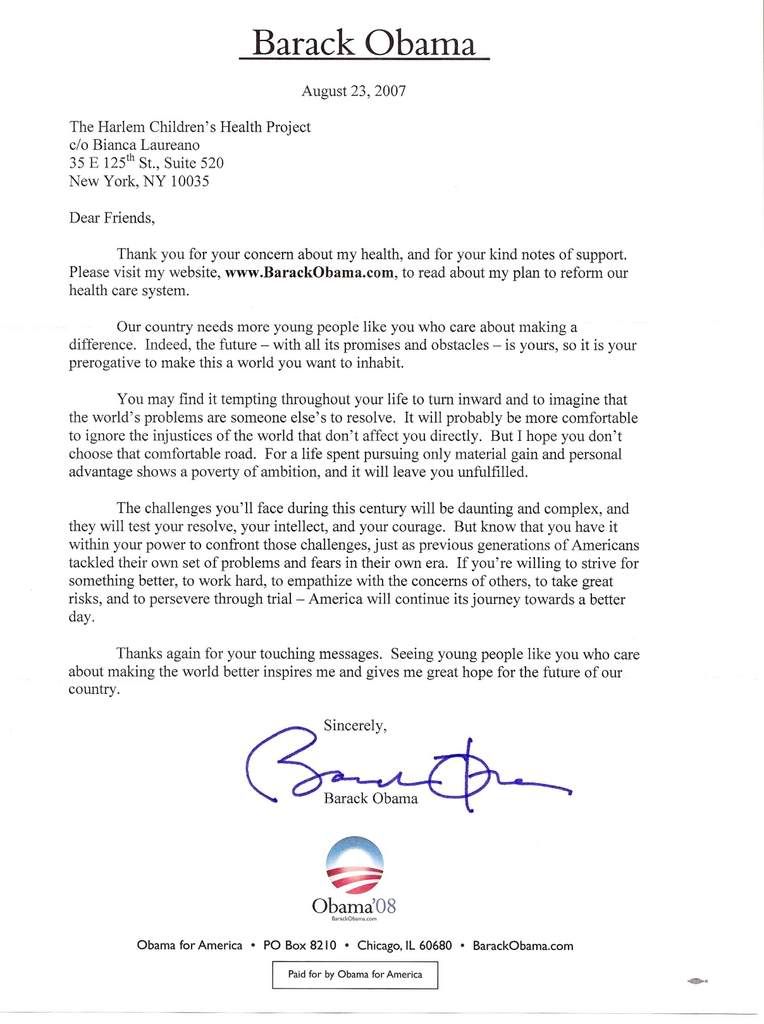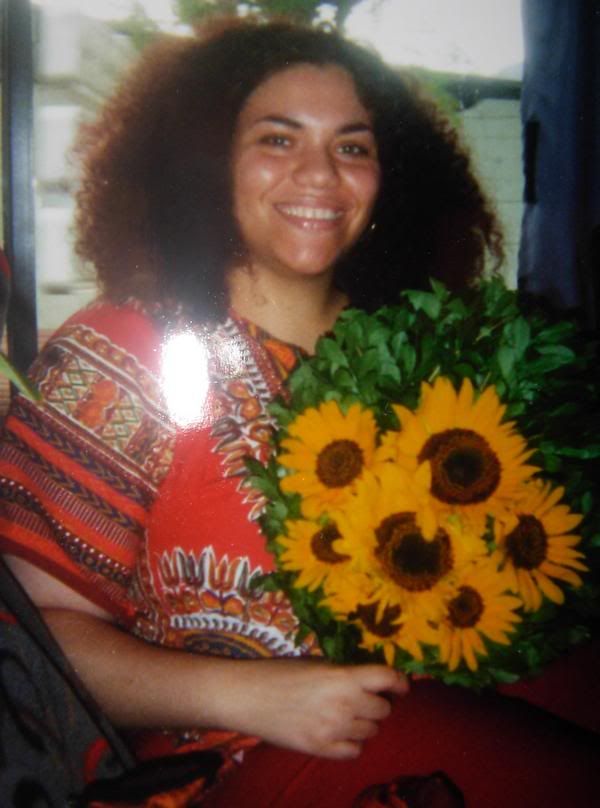originally published at
RH Reality CheckI finished The Immortal Life of Henrietta Lacks two weeks ago. Yes, I’m about three years late and for good reason! I wasn’t ready to read the book. I knew there would be a lot of discussion about the anti-Black racism, xenephobia, ableism, and misogyny that I wasn’t ready to read about. Many of the folks in my life have shared how good the book was and encouraged me to read it as well. I didn’t have the same expectations of the book being a “good read,” but I also didn’t expect to have the reaction I had to the text.
Making a conscious effort not to read any written critiques or praises for the book, I began reading with a specific goal: How can I, someone who is benefitting from the misuse/abuse of Henrietta Lacks’ body, honor her without reinforcing the same oppressive experiences others have upon her and her family? How do I examine how I’ve benefitted from something heinous that I had nothing to do with but that allows for my existence today? As I read I was immediately questioning some things about the text. First, how was the text so comprehensive when it comes to sharing intimate and private moments Henrietta Lacks experienced when there were not witnesses? This book was said to be nonfiction, but some parts read as fictional to me. Half way through the text I wondered how do I see this form of data collection and methodology? Would I use this book as an example of “feminist ethnography” or “feminist research” and if I did would I support this approach? I think back to the forms of testimonio, oral narratives, that people of Color have shared. And then I remember the ways folks have tried to debunk our words and narratives. From
Rigoberta Menchu, to the slave narratives, to
youth questioning pop singer Rhianna’s experience with abuse,
women of Color are often questioned, especially when we speak about our lives
When I remember my “Feminist Ethnography” class, and how, if I got the chance, would teach it similarly or differently, I considered if this book would be useful. How would I rationalize it being a “feminist” text if the methodology and data collection were so limited and unclear? Could this be a useful text to discuss some of those topics? There are many questions I still have unanswered from that class. Sometimes the questions are more important than the answers.
Then I read this critique
An Open Letter to Those Colleges and Universities that have Assigned Rebecca Skloot’s The Immortal Life of Henrietta Lacks as the “Common” Freshman Reading for the Class of 2016by Rebecca Kumar. I realized that I had the same questions and discomfort as did Skloot. Kumar specifically mentions parts of the text that I too had questions about their authenticity, such as a part of the book that Kumar describes as “voyeuristic.” Is it too fantastic to believe a woman knew her body so well that she knew there was a tumour on her cervix without having to feel for it with her fingers? What does this say about the ways women are expected to understand what is occurring in/to their own body? How does it set up the same situation the Lacks’ discuss of not questioning medical providers because they are doctors and know more? How does this fall into criticising alternative forms of knowing and knowledge, some of which Skloot calls “voodoo” and how Henrietta Lacks’ youngest daughter Deborah (and other family members) discusses Henrietta’s spirit being present?
When it comes to the questionable non-fiction parts of the text I too am troubled as Kumar. Upon sharing Kumar’s letter with folks in my network there were many racially white folks who have read the book and who did not agree with Kumar for different reasons. I had to admit that I was not surprised that many racially white people who praised the text would disagree with what a woman of Color was stating. Her points require us to examine our own ethical philosophies and ways we consume the bodies and narratives of women of Color. When women of Color speak about racism and misogyny and oppression we need to listen and not just focus on debunking their positions and statements because they make us uncomfortable being self-reflexive.
How did Skloot come to decide/know (I can’t tell if it was her choice/decision or if she found this out from someone else) that Henrietta Lacks’ husband had been cheating on her and thus transmitting various sexualy transmitted infections, such as syphilis? From what I read Skloot had limited interactions with David Lacks who was aging and ill. How did she come to this conclusion or did she decide that on her own? I’m not comfortable with a racially white woman deciding that a Black man’s infidelity was the reason for certain illnesses and outcomes especially when she had the opportunity to ask him directly. This goes back to
believing what Black men say when they speak.
Also Skloot mentions a recorder she used, but never mentions it early on in meeting with the Lacks family. How does she get long conversations with the Lacks men long before they have consented to being recorded? Does she “sneak” the recorder and record the conversation in her pocket? If so, is that ethical? Is that what the Lacks family agreed to? How is this a misuse of obtaining information from living human subjects? Does she ever obtain consent to using those recordings?
Finally, the discussions of racism and race are odd for me to read. Not because I didn’t expect them, but because Skloot doesn’t discuss this at all in the text from her perspective. Instead she leaves it up to the Black folks in the text to bring up race and racism. This gives me the impression that she is “post-racial” and doesn’t think about how her whiteness may impact this narrative or how she’s normalized her own whiteness. She’s surprised how folks she contacts know she is white because it is only white folks who call asking about Henrietta Lacks and HeLa cells. Why not spend some time discussing how her whiteness was something that gave her access in ways others, even the Black doctors she interviewed, did not have? Why not discuss how her whiteness gave her some protections, even in the spaces she described as being locations many would interpret as “scary” or “undesirable” for a white woman to go alone?
As many folks who have discussed and critiqued the book have mentioned, Skloot includes discussions of herself in the text,
some even argue it’s an overwhelming part of the text. Why not go into a first person voice to address some of this? I’d especially like to hear how Skloot came to the decision on her own that a educational fund was necessary to create. Did she even ask the family what they wanted or did she decide what was best for them? (I’m not even going to go into the problems with her receiving immoral amounts of money in honorariums to speak about this text and how she’s been known to be difficult and not want to engage with students when at universities who pay her this amount.)
This book is important, and I don’t question that at all. It gives us reminders that oppression by and among medical professionals exists in this country today and is embedded in the
(re)memory of many communities of Color in the US. What I do appreciate from Skloot is she uses the voices of the Lacks family and does not change their vernacular for easier reading or more acceptable text. Some folks may not like this approach, yet I find it important to have readers understand the words and vernacular of those speaking in an authentic voice.
In addition to Kumar’s discussion of first year students and the faculty who teach them using this text, the book has also attracted readers some may not have expected. Now, the text and the narrative have been immortalized in a different way: in the Hip Hop genre by one of my favorite MCs:
DOOM. In his latest track, “
Winter Blues,” from his album JJ DOOM (he collaborated with Jneiro Jarel hence the JJ in front of the name which is explained at the beginning of the video), references Henrietta Lacks. Here are the video and lyrics, bolded are the ones in reference to Lacks.
Melanin on melanin
Your dude need to recharge off your velvet skin
Make ‘em feel like, like twelve again
Soon as you give the green light I’m delvin’ in (x2)
Learn to balance, it’s real tricky
Like The Incredible Hulk turned back to Bill Bixby
Fuck masturbating, I’d rather wait than
Keep enough of that good stuff for the trading in
Each and every day making cash with Satan
Can’t eat can’t sleep, it’s exasperatin’
Mad like burning off
All he needs is one warm hug to keep from turning off
I’m sure you could use a boost
Left the hooptie parked in hood with the screws loose
Bust the coupé out the driveway, stash house
Scooped you up, hit the highway and mash out
Matte-black like melanin on melanin
Of course the butter soft, black leather trim, set of rims
Let ‘er purr, not a scratch on it
Spin it back to the garage and put a latch on it
I need a handful of melanin
Feelin’ like the lambswool beard on your tender skin
It might give you a shock initially
As we reconnect up the flow, electricity
The phenomenal melanin bio-polymer
Follow with a glass a merlot, I could swallow her
Eat ‘er up like a SnackWell®
We could live forever like Henrietta Lacks cells
Melanin on melanin
Ask me where the hell I been soon as I felt her skin
Holdin’ hands, feet in the sand— grounded
Starin’ in them pretty brown eyes— astounded
I’ll share some solar power
If you let me pound it we could go for hours
And then again in the shower
Left her leg tremblin’— recharged the melanin
Girl you got it
Me too let that show
This is how you know
That’s that glow
Feel it yo
Love that glow
Even so
Feel it yo
I still remain with many questions, especially around how to honor and remember Lacks. What does it mean for me to recognize the privileges I have benefitied from by the misuse of a Black woman’s body? How do I pay homage and give thanks for her and her family while still holding myself accountable for the ways I’ve benefitted. This is something I’ve begun to discuss with my community. As my good friend
Aaminah had mentioned when I shared I was working on this piece “You know, like how we talk about white privilege including the benefits that come from the system of slavery, even when white people say ‘but I didn't have slaves! that was so long ago!’ Well, we have to talk in the same way about how we continue to benefit from this thing that we didn't have anything to do with, we didn't do it, we are horrified that it happened, but the fact is we still benefit from it! I don't know how to have that convo with myself much less with anyone else yet. But I know it has to happen.”
I think it’s time for that conversation to begin. Let’s start.

